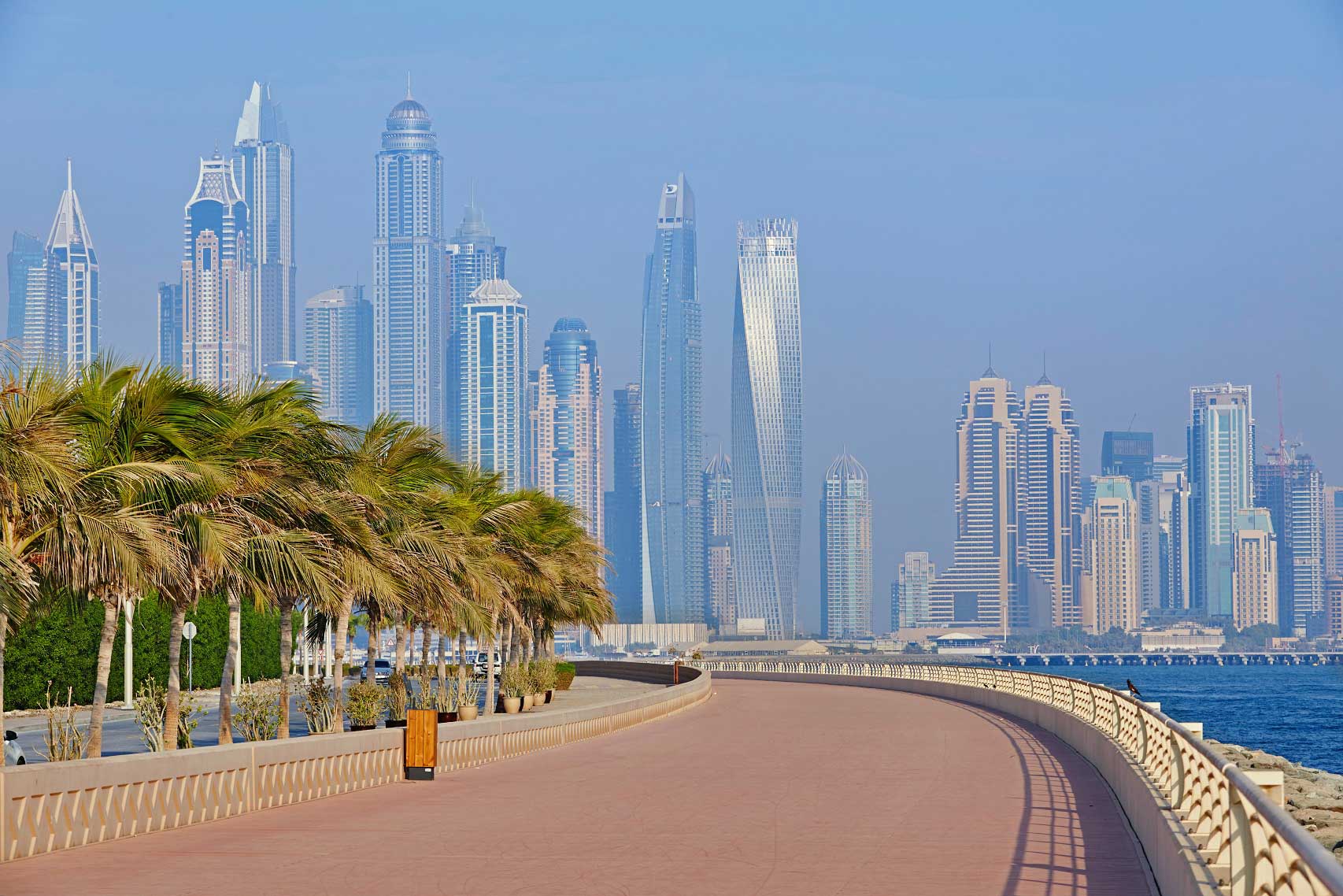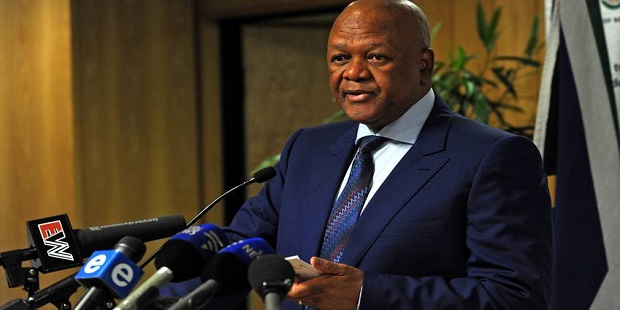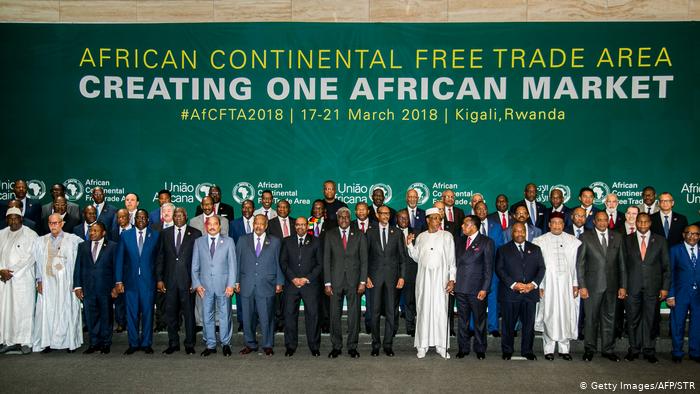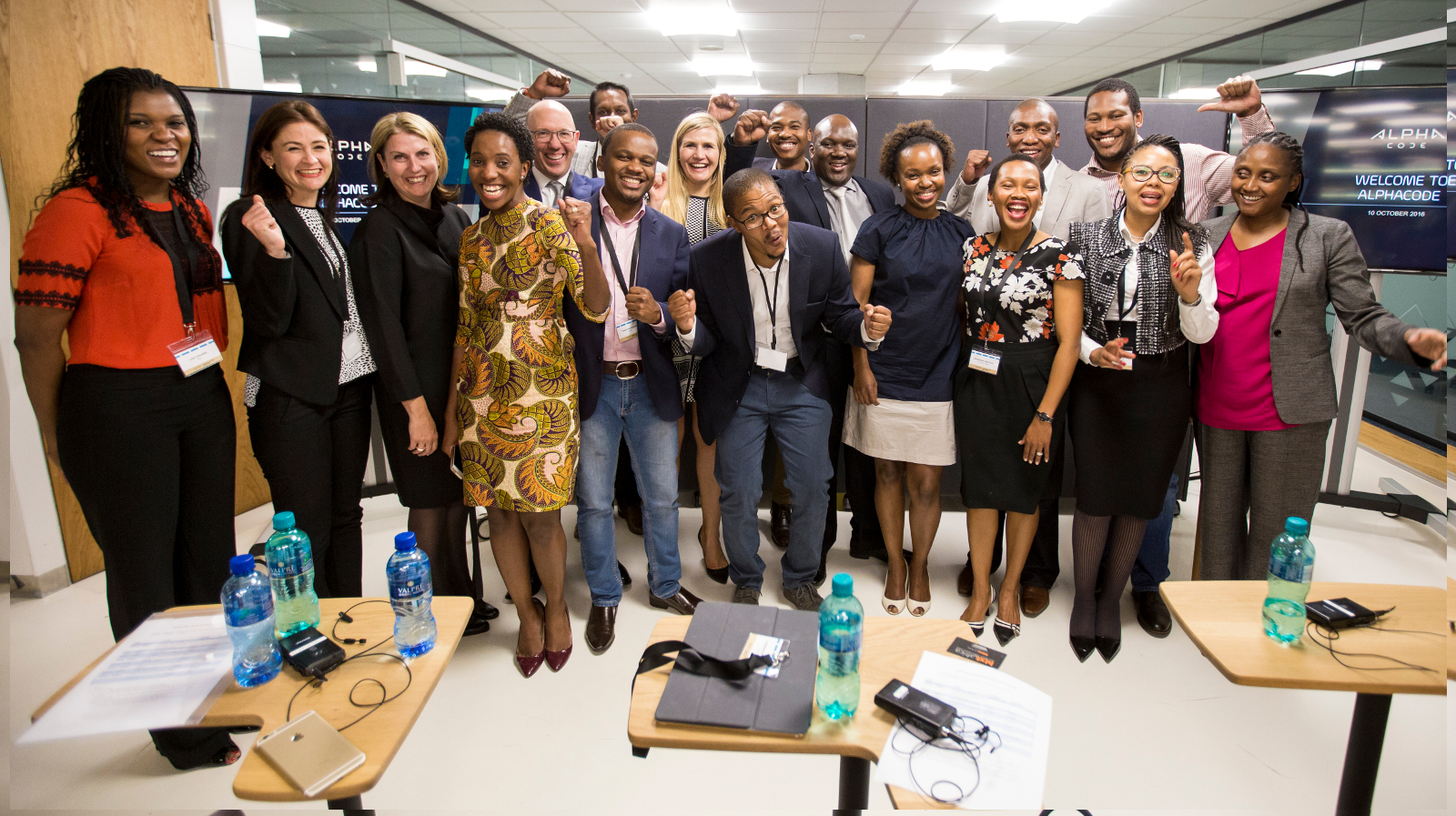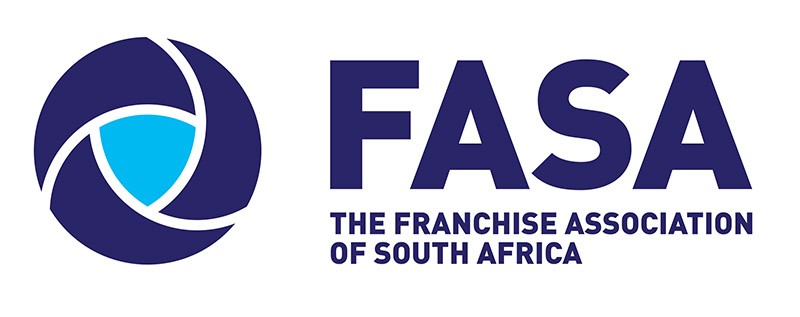South Africa: How To Get National Empowerment Fund (NEF) To Support Your Startup
The South African government helps South African entrepreneurs and business owners through numerous business funding projects. The National Empowerment Fund is one of them.
The National Empowerment Fund which derives its powers from the National Empowerment Fund Act of 1998 is to provide black South African entrepreneurs with financial and non-financial knowledge and consultation services which are important in helping them to grow their businesses.

The National Empowerment Fund In Summary
- The Fund helps South African business owners and startups find the right equity investment for their businesses, as well as offer them adequate advisory services on how they may effectively manage their businesses or their employees.
- The Empowerment Fund is also a business fund that can help South African entrepreneurs make better forecasts about how the state of the South African and global economies can affect their businesses.
- In summary, what the National Empowerment Fund does is to enhance and empower the various existing South African startups and businesses.
- Services rendered by the NEF are structured into 4 business operational areas, namely Advisory Services; Corporate Transformation Services; Market Making Services; Group and Entrepreneurial Schemes.
The Startup Areas That Attract The National Empowerment Funding:
NEF offers its financial and non-financial services across different business areas, especially as it concerns the popular businesses carried out by most South African black community members.
These areas include businesses related to:
- Food-related
- Transportation
- Energy
- Food and Beverages
- Information and Computer Technology
- Financial Services
- Engineering
- Energy
- Construction and Materials
- Chemicals and Pharmaceuticals
- Agro-Processing
- Wood and Paper
- Industry Manufacturing
- Media
- Mining Services
- Motor Industry
- Printing Services
- Property Retail
- Textile Industry Services
- Transportation Tourism and Entertainment
- Others
Startups In South Africa Can Get Funding Under The National Empowerment Fund Using Any of These Five Schemes
iMbewu Fund
Startups which are just planning or starting off their ventures may use this scheme. For entrepreneurs who wish to make equity investment or offer expansion capital support to startups, they may find new or existing startups to invest in under this scheme.
What the iMbewu Fund does is to provide financial support either through loans, purchase of equity in these startups or existing business enterprises. Funds that can be procured under the iMbewu Fund range from R250, 000 as the minimum amount and R10 million as the maximum amount.
uMnotho Fund
What the uMnotho Fund does is to help black business owners in South Africa have more access to Black Economic Empowerment (BEE) capital, which is meant to support black businesses in South Africa.
Funds may be procured under the uMnotho Fund for acquisition of other businesses; to aid expansion projects of most businesses; to assist startups and black-owned businesses to have more funds to invest in their capital markets fund operations as well as for the running of their warehouses.
Hence, for instance, black entrepreneurs who are starting new businesses, expanding their existing enterprises, or Black Economic Empowerment (BEE) enterprises that are in the process of listing on the Johannesburg Stock Exchange may get funding under this scheme.
Rural and Community Development Fund
This funding is meant for cooperative societies in the rural communities of South Africa which can show evidence that they are running sustainable businesses.
Hence, the fund helps black South African communities to engage in large-scale economic transactions. The aid or funding here is extended to the acquisition of more businesses, expansion of businesses, financing of money-consuming capital projects , whether for New Ventures, Start-up or Greenfields. It can give for as low as R1 million funding to this group of businesses. The highest available fund is R50 million.
Strategic Projects Fund
South African government here focuses on projects that promoteindustrial development. It does this through the Department of Trade Industries National Industrial Policy Framework. The fund is also dependent on the report by the Industrial Policy Action Plans (IPAP) of the South African government, coupled with the government’s growth plan strategy.
Tourism Transformation Fund
Startups in South Africa interested in tourism may go through this fund. In June 2018 the Department of Tourism (NDT) signed an agreement with the NEF to establish the Tourism Transformation Fund (TTF) which focuses exclusively on the transformation of the South African tourism sector.
According to this agreement the NDT will transfer a total of R120 million to the NEF over a 3-year period to be applied as grant funding for the benefit of qualifying enterprises that meet the funding eligibility criteria as set out by the two institutions. To date, the NDT has transferred a total of R80 million towards the TTF.
Also Read: Foreign Investors in South Africa Buy Most of Their Shares From These Companies
The NEF finances the loan and shareholder loan portions of the transactions and NDT funds are applied as grant funding through the TTF. The fund provides a maximum grant of R5 million or 30% of the total project funding requirement to each eligible transaction.
The Best Way To Apply For The National Empowerment Fund
To secure the support of the NEF for your startups in South Africa:
- Obtain and fill the NEF application form. The aim of this is to enable the officials to go through your business case and make the necessary assessments concerning the NEF criteria.
- Work on your startup’s business proposal or plan. This should contain certain comprehensive data that test or explain the commercial viability and the financial status of your business. The NEF application form is usually equipped with simple business plan guidelines that will provide you with necessary information concerning the vital topics and sections that you should cover before submitting your business proposal.
- Submit your business application form to the NEF.
- The Fund and its partner agencies, such as South African Department of Tourism for the Tourism Transformation Fund, will vet your application and then make approval and order funds to be released to help you proceed with the next phase of your business.
Checklists of Document and Information For NEF Funding
- NEF application form
- Deviant form from the available company/business members confirming the acknowledgment of the provided NEF application form details Three years.
- Audited financial records of the business transactions.
- Business projections for five years.
- Current management accounts.
- Applicant personal statements that include both assets and liabilities of all the current company members that are inclusive of the married members with their spouses.
- Business bank statements (past 12 months).
- Both certificate and Identification cards (ID) copies of all the business members.
- CK 1/ CK 2.
- CM1 attached with memorandum and articles of association.
- Franchisers detailed profile if available .
- In-depth information on why your business is on sale .
- Sales agreement (where applicable) .
- The CV of Principal Applicant .
- Proof of residence through Fica compliance .
- Historical financial records of business-related franchisers .
- Information concerning the lease agreement pertaining to the new company
NEF Contact Information
Physical Address:
187 Rivonia Road,
Morningside, Sandton, 2076
Postal Address P.O. Box 31,
Melrose Arch, Melrose North, 2076
The dti call center: 0861 843 384 Tel: 011 305 8000 Fax: 011 305 8001 General inquiries: Email: info@nefcorp.co.za
Funding inquiries: Email: applications@nefcorp.co.za
You can also apply by following step by step details for the NEF fund through the NEF website or by reading any of its online available resources such as the National Empowerment Fund pdf documents.
Charles Rapulu Udoh

Charles Rapulu Udoh, a Lagos-based Lawyer with special focus on Business Law, Intellectual Property Rights, Entertainment and Technology Law. He is also an award-winning writer. Working for notable organisations so far has exposed him to some of industry best practices in business, finance strategies, law, dispute resolution and data analytics both in Nigeria and across the world.














